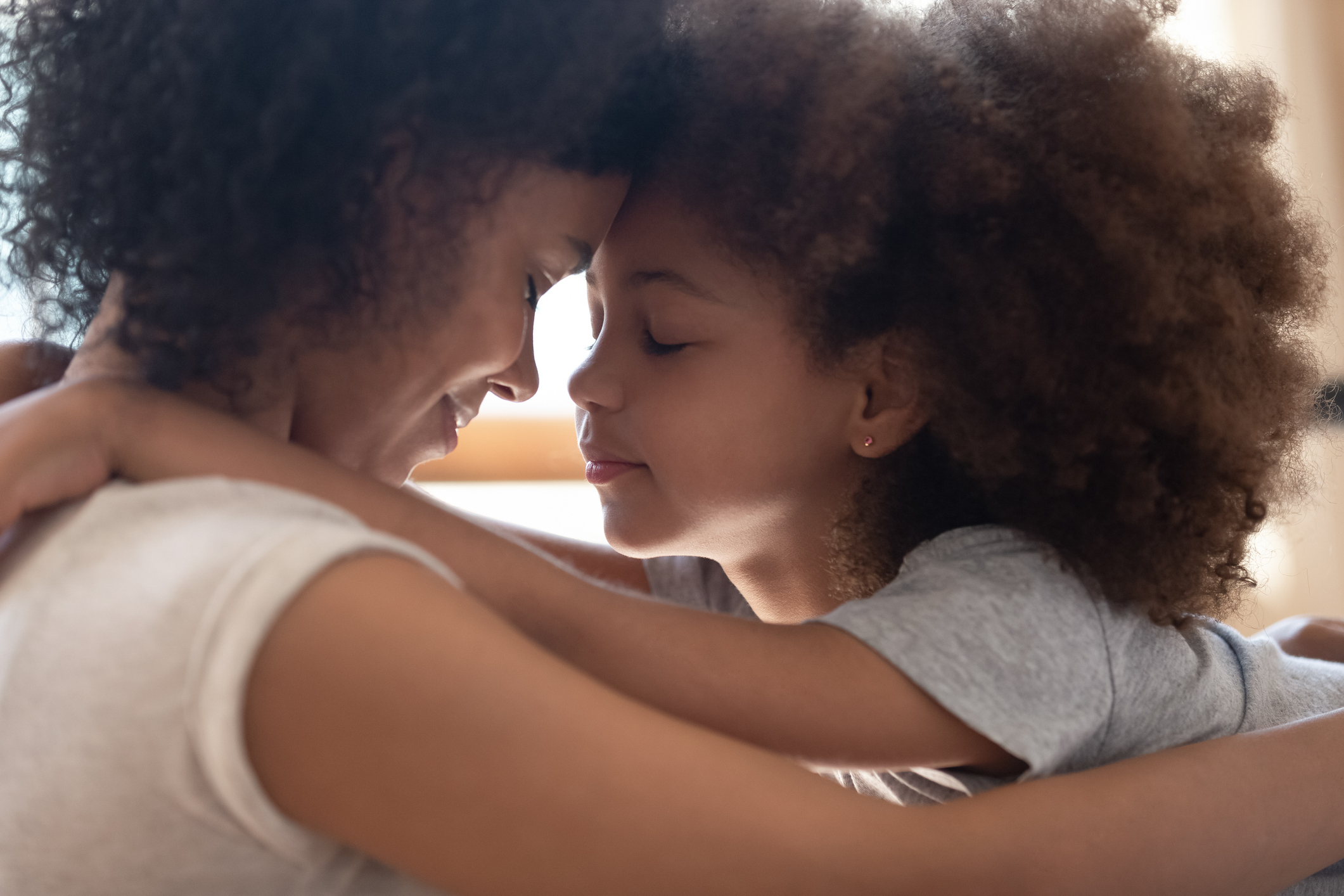Mental Health Awareness: How to Support Young Children

Many of us may be surprised to learn that 50% of mental health problems start before the age of 14 years. With 1 in 4 of us experiencing a mental health problem, it is a topic close to many of our hearts. For parents and educators seeing these statistics, the question is - can we do anything in children's early years to support their mental health in the future?
If we build children's resilience, emotional wellbeing, and ability to communicate, we can support them in facing future challenges.
Resilience
If a child has resilience from developing skills relating to executive function, their brain is more likely to have the flexibility to cope with stressful situations. They will grow up more likely to be able to handle life's challenges.
Emotional Intelligence
If a child develops emotional intelligence, they will grow up more likely to be able to understand their own and other people's emotions. As a result, their wellbeing and relationships will both become easier. They can have more compassion for themselves and recognise when something is negatively affecting their wellbeing.
Communication
If we teach children about emotions and how to communicate how they feel, we make it more possible for them to ask for help when they need it.
So, what can we do from the very beginning to lay strong foundations for mental wellbeing in the future by supporting the development of resilience and emotional intelligence and literacy?
Teach Emotional Intelligence and Literacy
We can start by teaching children what emotions are and helping them to recognise how different emotions feel. It's important that children know the name of the emotions they are feeling, so that they can communicate with others about it. To talk to others about how they are feeling, children also need to know that all their feelings are valid.
As parents and teachers, we can talk to children about their brains. We can explain how their reactive downstairs brain works, and how their logical upstairs brain helps them. Daniel Siegel and Tina Payne Bryson have a useful video on YouTube titled 'hand model of the brain', which enables us to explain to children about what 'flipping your lid' in times of anger means, and what we can do to prevent it from happening.
Respectful, ‘Tuned In’ Parenting & Teaching
When we use respectful parenting and teaching methods, we help build children's self-esteem, confidence, and self-compassion. One way of doing this is to support children through their difficult emotions with validation, connection, and empathy. Validating children's experiences enables them to feel valued, accepted and it is okay to feel what they are feeling.
The children's book 'Love' by Emma Dodd contains the line, "I love you when you get it right, and when you get it wrong." When a child does something wrong, it is essential for us to react with compassion, and in such a way that they won't be afraid to come to us for help in the future.
Teach Skills of Executive Function
Executive function is about developing our brains so that we have flexibility, focus, and the ability to work with, and retain information. Working memory, inhibitory control and cognitive flexibility are all key when it comes to executive function and self-regulation. When children are young, we can help the development of these skills with simple games such as:
- peekaboo
- singing and movement games
- response games
- initiation games
- storytelling
- imaginary role play
Activities which require children to persevere through challenges and utilise both planning and memory skills are also useful. When we enable children to work things out for themselves, solve problems, make choices, demonstrate self-control and be independent we are actively helping them to develop their brains and become more resilient.
Create an Emotional Toolbox
It is helpful to show children how to create an emotional toolbox to turn to when they need it. When we help them to link their feelings with their behavioural responses in a judgement-free and compassionate way, we open the door to being able to show them alternative ways to manage how they feel. These tools might include mindfulness, relaxation, exercise, creativity, play or talking.
Children won't necessarily be able to turn to these tools straight away, but if we gently introduce them during their early years, they are more likely to develop positive habits and ways of coping in the future, rather than less healthy ones.
Start Young!
Everything I have shared above can start from the moment children arrive in our world.
Babies as young as 6 months can be helped to start developing executive function skills, and we can support self-regulation through how we respond to and validate feelings even with newborn babies.
Although it can feel overwhelming to think of all the things we need to do to support our children, the incredibly empowering thing to recognise is that we can really make a difference. Having this knowledge gives us the power to change the lives of children for the better. We won't always get it right - and that's okay - we just start each day afresh, and we focus on connection, compassion, and love.
---
About The Author
Sarah Emerson is an early childhood and parenting consultant, who has worked with children and parents for 20 years. She holds an MA in early childhood education and is trained in the Montessori approach as well as in child, adolescent and family mental well-being. Sarah is incredibly passionate about the well-being of children and families, and about supporting children to become resilient, happy individuals with a strong sense of self-esteem.
You can find Sarah at https://wearecocoro.co.uk/





